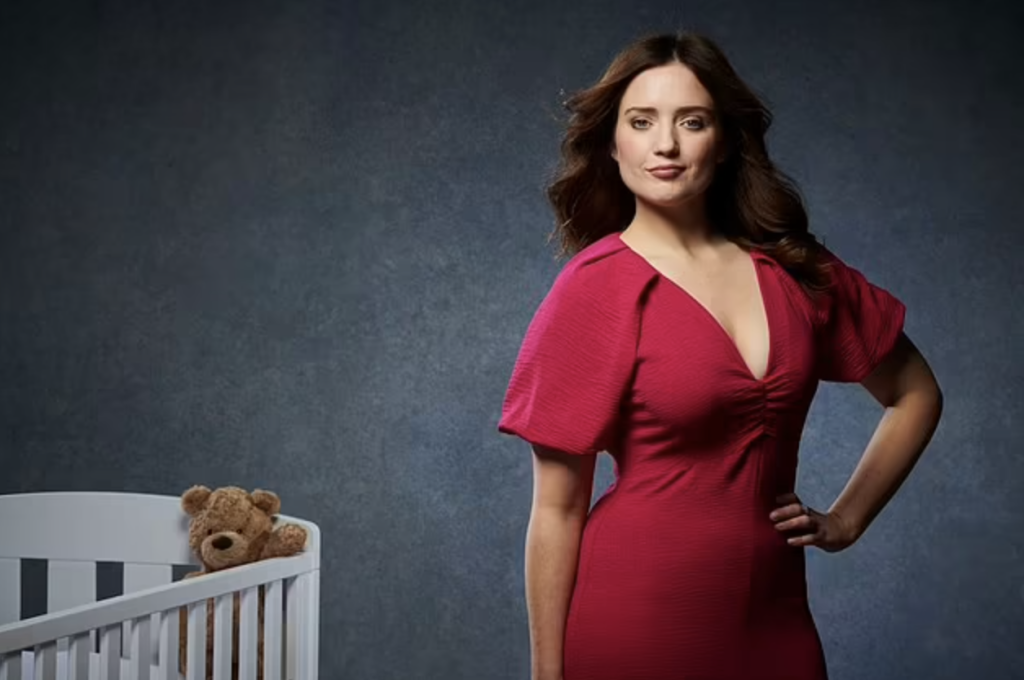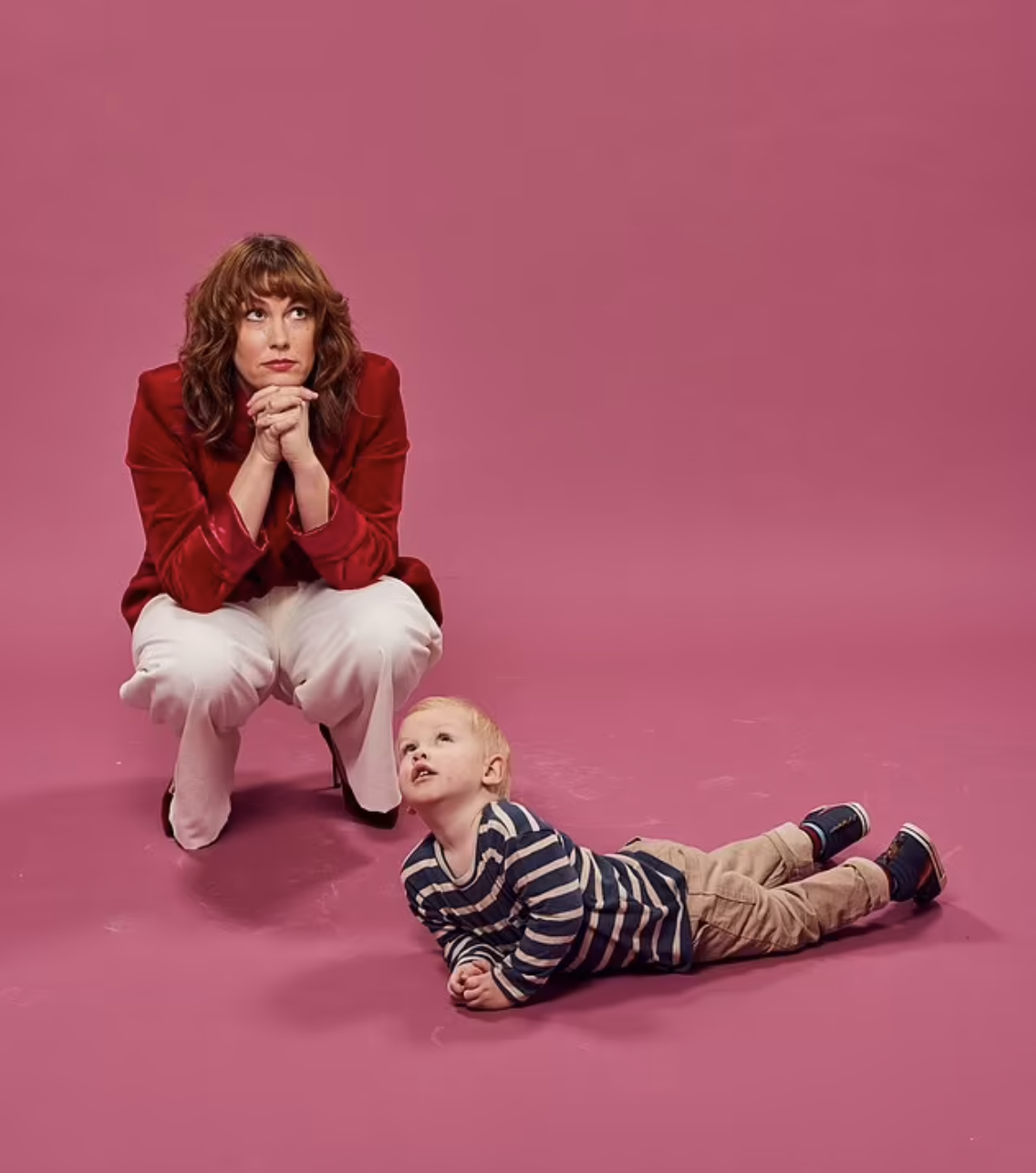Meet the Unyielding Women: Refusing Motherhood for Career & Lifestyle. Selfish or Admirably Determined?
I always took for granted that I’d have children, much like assuming I’d inherit my parents’ income or live in a similar home. However, as time passed, the prospect of motherhood never materialized. Being single for most of my life, at 30, I relocated to New York, too preoccupied to heed the ticking of my biological clock.
It wasn’t until I returned to England at 33 that I was startled to find friends with babies in their arms and toddlers tugging at their legs.
For the first time, I sensed a void in my life. While reading children’s stories with my two-year-old goddaughter, Hettie, nestled on my lap, my heart ached. At a concert, I found myself captivated by a little girl in front of me, lifted high on her mother’s shoulders, her chubby arms swaying in rhythm with the music.
Yet, now at 35, without a partner and lacking the financial means to support another person, I’m fairly certain motherhood isn’t in the cards for me.
Despite occasional pangs of yearning, I’ve come to terms with it. I don’t lie awake fretting over whether I’ll have a child or not, and I certainly don’t feel a strong enough desire for parenthood to pursue single motherhood through IVF or adoption.

Certainly, I acknowledge that I’m foregoing an undeniable joy by choosing not to have children. However, there’s much to be celebrated about a child-free life: I’ll have the freedom to travel, nurture friendships, pursue hobbies, and dedicate myself to work. I’ll still cherish the roles of loving aunt and godmother.
And I won’t be alone in this choice. Opting to remain childless, or ‘childfree’ as some prefer to label it, is increasingly common among women in the UK.
The birth rate has plummeted to its lowest point in two decades. Over the past decade, the number of births among UK-born mothers has astonishingly declined by 22 percent.
This trend isn’t confined to Britain. In the United States, for instance, the average woman had three children in 1950 but now has approximately 1.6, well below the ‘replacement rate’ of 2.1 children needed to maintain population stability.
Similar patterns are evident across Europe. Italy, known for its tradition of large, close-knit families, has experienced such a sharp decline in birth rates that there are now 12 deaths for every seven births.
Just last week, Spain recorded its lowest-ever birth rate, with fewer than 300,000 children born in the first 11 months of 2023. Even in China, the population is shrinking for the first time since the 1960s.
The dwindling birth rates in developed regions—termed the ‘Great People Shortage’ by economists—have led to warnings of an impending demographic crisis. This crisis could entail unfilled positions in critical sectors and a situation where young taxpayers are outnumbered by elderly pensioners in need of support.

In the UK, Conservative MP Miriam Cates, regarded as a rising star within the Tory party, identifies the declining birthrate as the most urgent policy challenge of our generation.
She attributes this decline to the undervaluation of motherhood’s crucial role, coupled with high levels of student debt and career aspirations among young people attending university. Cates criticizes the perception of having children as merely a ‘lifestyle choice’ rather than a socially beneficial endeavor essential for societal continuation.
But is she correct? And why are many of my peers, including myself, opting out of parenthood?
Certainly, one significant factor is the exorbitant cost involved.
According to a report by children’s charity Coram, the average annual cost of full-time nursery care for a child under two in Britain has soared to £14,836, leaving one in four parents facing childcare expenses exceeding 75 percent of their take-home pay. In London, for instance, a friend of mine pays £2,600 per month for her toddler’s nursery placement, totaling £31,200 annually.
Personally, I find these fees financially prohibitive. Millennials like me also grapple with university debt—I myself allocated £250 of my monthly salary to repay my student loan in my previous job—alongside the necessity of saving for pensions and managing escalating living costs. Even with a partner, I struggle to envision how we could afford parenthood.
Cates proposes that babies should be cared for by their biological mothers at home, rather than attending nursery.

However, for my generation, this notion feels like a significant regression. All the women I know who opt out of motherhood have fulfilling careers they are deeply invested in.
One friend, who contemplates whether to expand her family, expresses, “The truth is, I simply love my job too much.”
Witnessing my mother relinquish her career as a solicitor after having three children, I am determined not to follow that path.
Yet, I can’t ignore the challenges faced by working mothers either. The persistent and unjust “motherhood penalty” in the workplace remains a harsh reality. While new fathers often experience a salary boost, new mothers frequently encounter lower pay and diminished career advancement opportunities, as highlighted by research from Cornell University and charity Pregnant Then Screwed. Indeed, I’ve witnessed this firsthand in recent years, observing mothers being edged out of offices until only working fathers and childless women remain.
However, for my generation, this seems like a significant regression. All the women I know who choose not to have children have fulfilling careers they are deeply committed to.
One friend, currently contemplating whether to expand her family, remarks, “The truth is, I just really enjoy my work.”
I witnessed my mother leave her career as a solicitor when she had three children, and I am determined not to follow in her footsteps.
Yet, when I consider the challenges faced by working mothers, I can’t help but feel apprehensive. The enduring and unjust “motherhood penalty” in the workplace remains as harsh and unfair as ever. While new fathers often experience a salary increase, new mothers frequently find themselves on divergent career paths with lower pay and limited promotion opportunities, as indicated by research from Cornell University and the charity Pregnant Then Screwed. Indeed, I’ve observed this phenomenon firsthand over the past few years, with mothers gradually being marginalized in offices until only working fathers and childless women remain.
Then there’s the issue of housing. Traditionally, couples waited until they owned their own home before starting a family. However, as more people return to living with their parents or sharing accommodation due to financial constraints, parenthood is postponed or abandoned altogether.
Welcoming a new life into the world embodies an act of optimism, a testament to belief in the future. Pope Francis has characterized the birth rate as “the primary gauge for assessing a people’s hope.” However, presently, hope seems scarce.
With escalating prices, declining rates of homeownership, and widespread conflicts erupting globally, is it any wonder that I hesitate to bring a child into a seemingly bleak world?
Will I eventually regret this decision? It’s possible. Yet, as every single woman I interviewed for this article emphasized, I would rather regret not having children than regret bringing them into uncertain times.
Before I reconsider, politicians like Miriam Cates and others urging women to have more children must ensure a stable world, accessible childcare, supportive fathers, and guarantee that our careers won’t suffer. As it stands, my autonomy and independence are too precious to gamble with.



